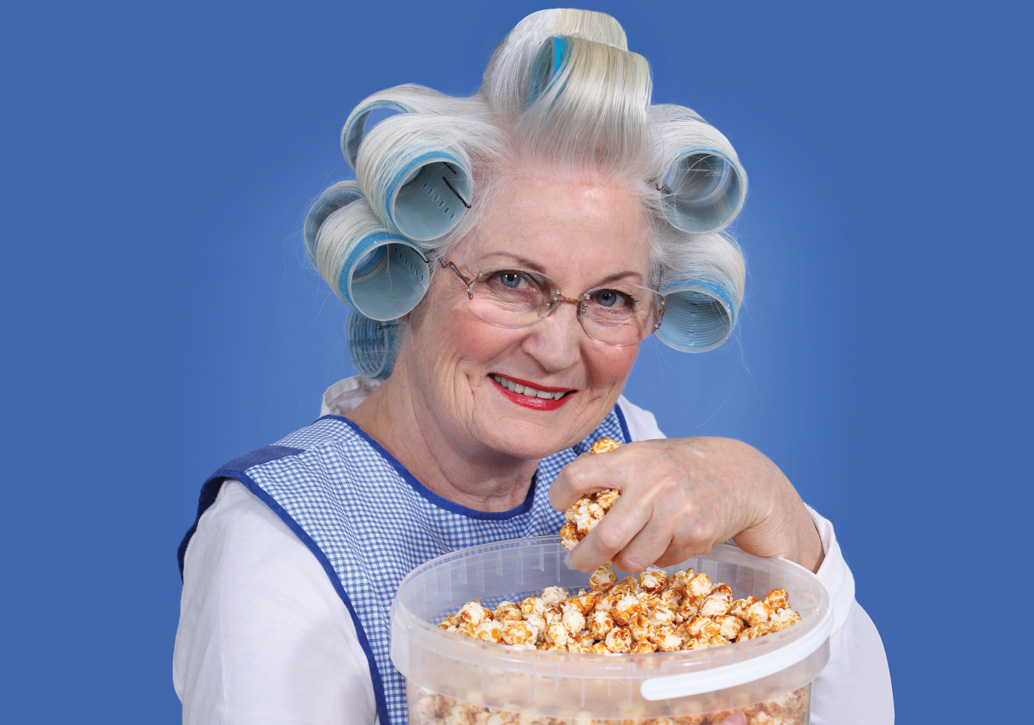Caregivers do a lot. Every hour in the daily calendar quickly fills up with “to-dos.”
But what if, for a moment, we explore “business best practices” and apply them to caregiving? Veteran executives such as Robert Pozen talk about the need for “extreme productivity” in a competitive environment. My guess is we could use some of that in our caregiving world, as long as it’s tempered with tender, loving care.
In a Harvard Business Review article, Pozen suggests there is a science to being productive. Here are his six principles, and how they might apply to us as caregivers:
1. Know your unique value— identify what you’re good at and focus on applying those skills to the project at hand. Ask others to do the things you aren’t great at.
2. It’s not about hours logged but results achieved. Pozen suggests that spending more time doesn’t necessarily mean better results. Work efficiently, not for longer.
3. Plan your written words. What if you started providing simple, clear instructions and goals for yourself and team members to reduce confusion, clarify needs and track results.
4. Plan, but stay flexible. Have real goals for every day so that things get done—but also keep time free for the unexpected.
5. Give others autonomy. This one is hard for caregivers because we feel indispensable. Pozen speaks about enabling others and giving them ownership. Start slowly with easy tasks so that you minimize risks. Delegation frees up your time for “bigger things”.
6. Simplicity goes a long way. Create a routine. Break things down and keep things simple.
Play to win! It takes time to change course and deliberately practice new habits, but there may just be some workplace productivity tips here that will serve you well in your caregiving role.
Caroline Tapp-McDougall, Editor in Chief













